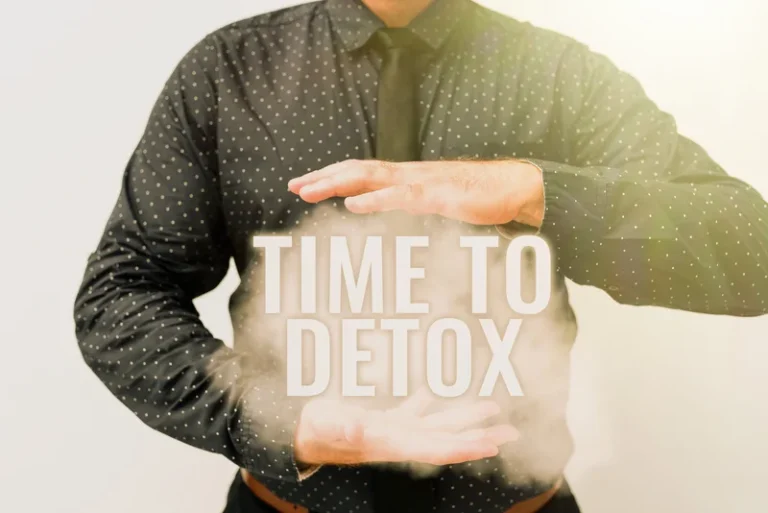
They may also tell you the same thing repeatedly throughout the night, like they’ve spotted your mutual friend nearby. If you’re a treatment provider and have a question, please reach out and someone from our Customer Success team will be in touch with you shortly. We list any treatment center that meets our rehab criteria, giving you the best list of options possible when looking for treatment.
- Understanding that problematic drinking exists along a broad spectrum can empower people to seek help proactively.
- An alcoholic blackout was perceived as the extreme manifestation of this effect.
- A 2023 study suggests post-traumatic disorders are among the most common co-occurring diagnoses in people with substance use disorder (SUD).
- You’re out celebrating with your pals, throwing back shots and maybe a pint or two from your local brewery.
- Some of us like to drink to relax, chill out, or unwind, while others enjoy having a glass or two of wine with a meal or a beer while socializing.
Causes of complex trauma
Assessments that followed have used https://ecosoberhouse.com/oxford-house/ the foundational structure and question format of the DIS to interview participants. They include the CIDI, AUDADIS, and, recently, the Psychiatric Research Interview for Substance and Mental Disorders. In fact, the DIS has continued to be revised based on the DSM and the International Classification of Diseases, making it one of the most durable standardized diagnostic assessments in the field.
- This could involve psychotherapies such as Cognitive Behavioral Therapy (CBT), Eye Movement Desensitization and Reprocessing (EMDR), or medication in some cases.
- Antisocial personality disorder and SUD were the most common co-occurring disorders.
- For this reason, alcohol use problems often must be part of the PTSD treatment.
- Spontaneous resolution of blackout drinking appears to result from an interaction between informal support and objective social conditions such as full-time employment and a positive financial situation.
How Alcohol Affects The Brain And Memory

Additionally, the conditional nature of the disorders, based on the exposure to an event or a substance, makes this a complex relationship for analysis, interpretation, and intervention for treatment. If an individual binge drinks alcohol – and blackouts on a regular basis, they may face a serious brain damage. Excessive drinking for a long time, resulting in frequent blackouts, is likely to cause a general memory loss in the individual, even when they are not intoxicated.
Is There a Relationship Between Complex Trauma and Alcohol Use Disorder?

While many people describe a blackout as simply one ‘drinking too much’, what they fail to realize is that it can have serious impacts on their brain. Blacking out involves their brain shutting down and going into a state of stress which can lead to unconsciousness or even Drug rehabilitation a coma. Traumatic events can be very difficult to come to terms with, but confronting and understanding your feelings and seeking professional help is often the only way of effectively treating PTSD. At PTSD UK, we are excited to join forces with SoberBuzz to extend our support to people dealing with PTSD or C-PTSD who are seeking to take control of their alcohol consumption. The valuable hints and tips that follow are a result of our partnership with SoberBuzz, aimed at empowering you on your path to well-being.
Sometimes people feel unable to talk about trauma, and alcohol can become a way to block out the pain. Alcohol-use disorders fall into the ‘avoidance’ category of PTSD symptoms, because often the person is using alcohol ptsd alcohol blackout as a way to escape their memories. An alcoholic blackout is amnesia for the events of any part of a drinking episode without loss of consciousness. It is characterized by memory impairment during intoxication in the relative absence of other skill deficits. Subjects often report waking in strange places without any memory of how they got there. The evidence suggests that there is no distinct pattern of development for the two disorders.


